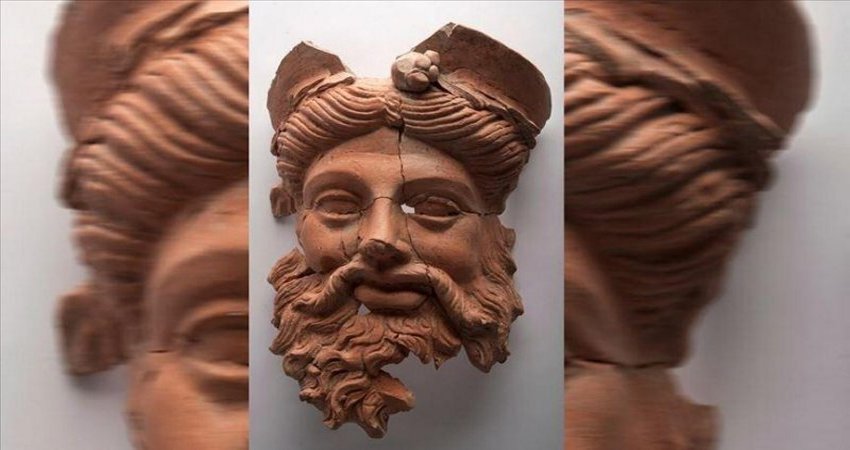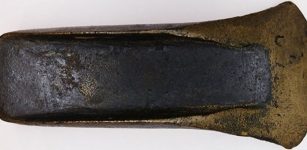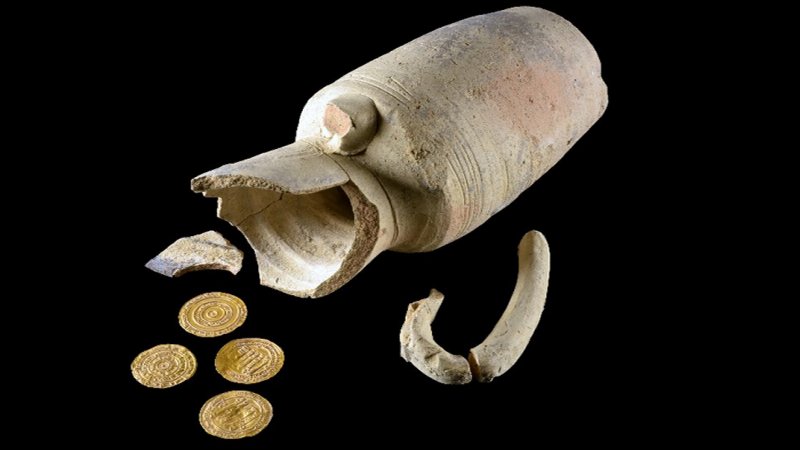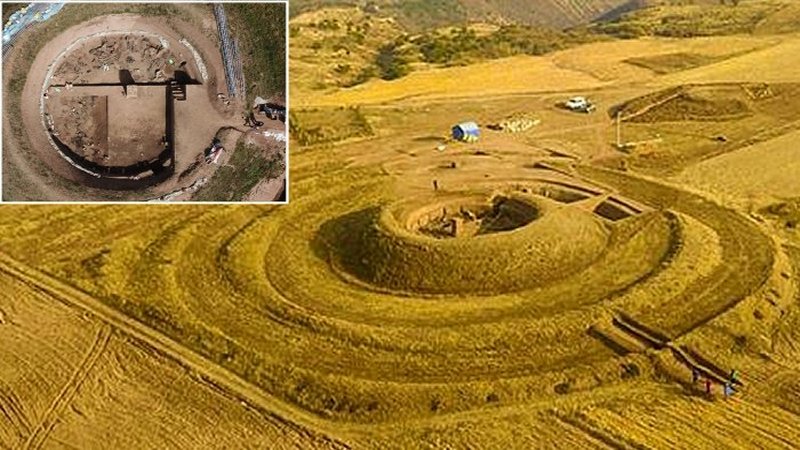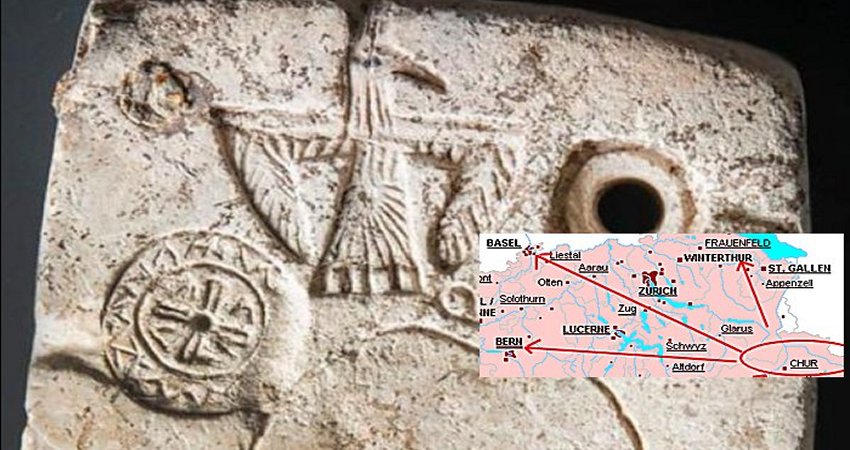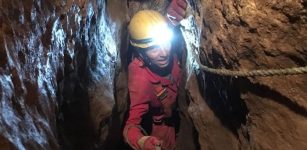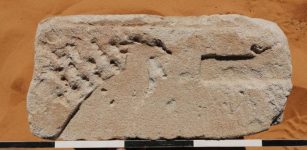Peru’s Wari Culture And Their Ancient ‘Amunas’ Will Help Peru’s Water Crisis
MessageToEagle.com – The Wari culture not only extended the irrigation systems already existing in Peru but also were the first using a terraced field technology and to connect their settlements with an extensive road network, leaving a significant legacy for the Incas when they began to expand several centuries later.
The Wari built environment, landscape and architecture of empire. Excellent urban planners, the Wari people and their 1,500-year-old ‘amunas‘ could soon bring water to Lima.

Lima, Peru is the world’s second largest city (after Cairo), located in a desert and home to nearly 10 million people.
Climate change has ravaged the glaciers that feed the city’s water supply, and the region’s brutal wet/dry cycle means water supplies in Lima are intermittent at best. The city’s probably, the only solution is to revive a set of pre-Inca waterways that could keep faucets running.
The amunas, were built by the Wari people, who predate the Inca by centuries.
The Wari were great urban planners, building a complex water conservation system that captured mountain water during the rainy season via canals, year-round springs and diverse pools.
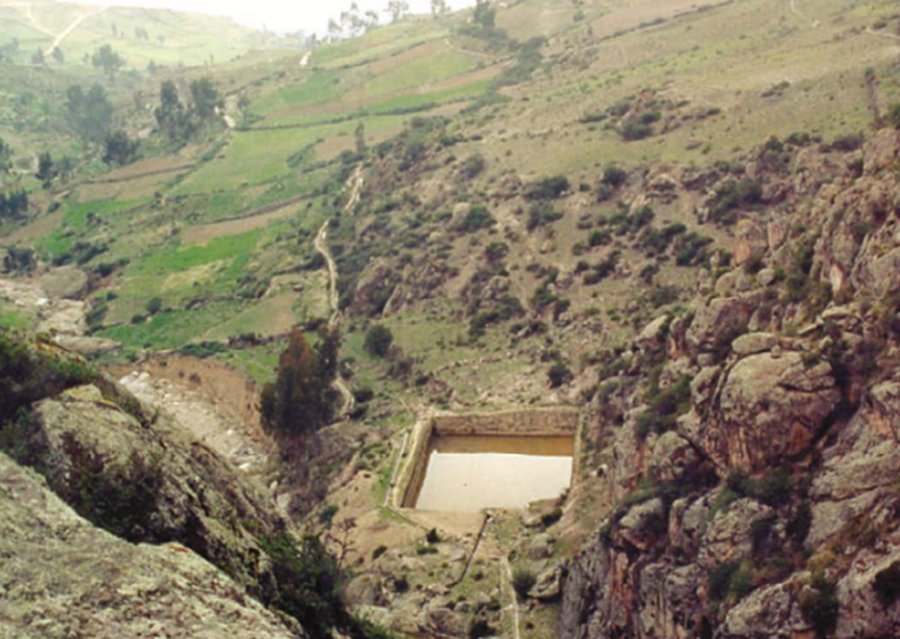
The water infiltrates the ground and resurfaces during the dry season, when it’s most needed. Now, Lima’s water utility wants to re-grout the canal portion of the amunas so they do the job they were given 1,500 years ago.
An amuna leading from the stream to the infiltration ditch. Photo Credit: Sonja BleekerDespite amunas’ structural differences, their purpose is uniform. They can have many forms, ranging from narrow trenches, to pools and even sometimes to structures that look like walls.
They are designed to keep rainfall from flowing immediately downhill. Instead, the amunas guide rainwater across the mountainsides, allowing the ground to absorb more and replenishing the water table.
Peru is one of severeal countries, which must return to ancient water solutions, in order to cope with dangers of a dry climate.
MessageToEagle.com

